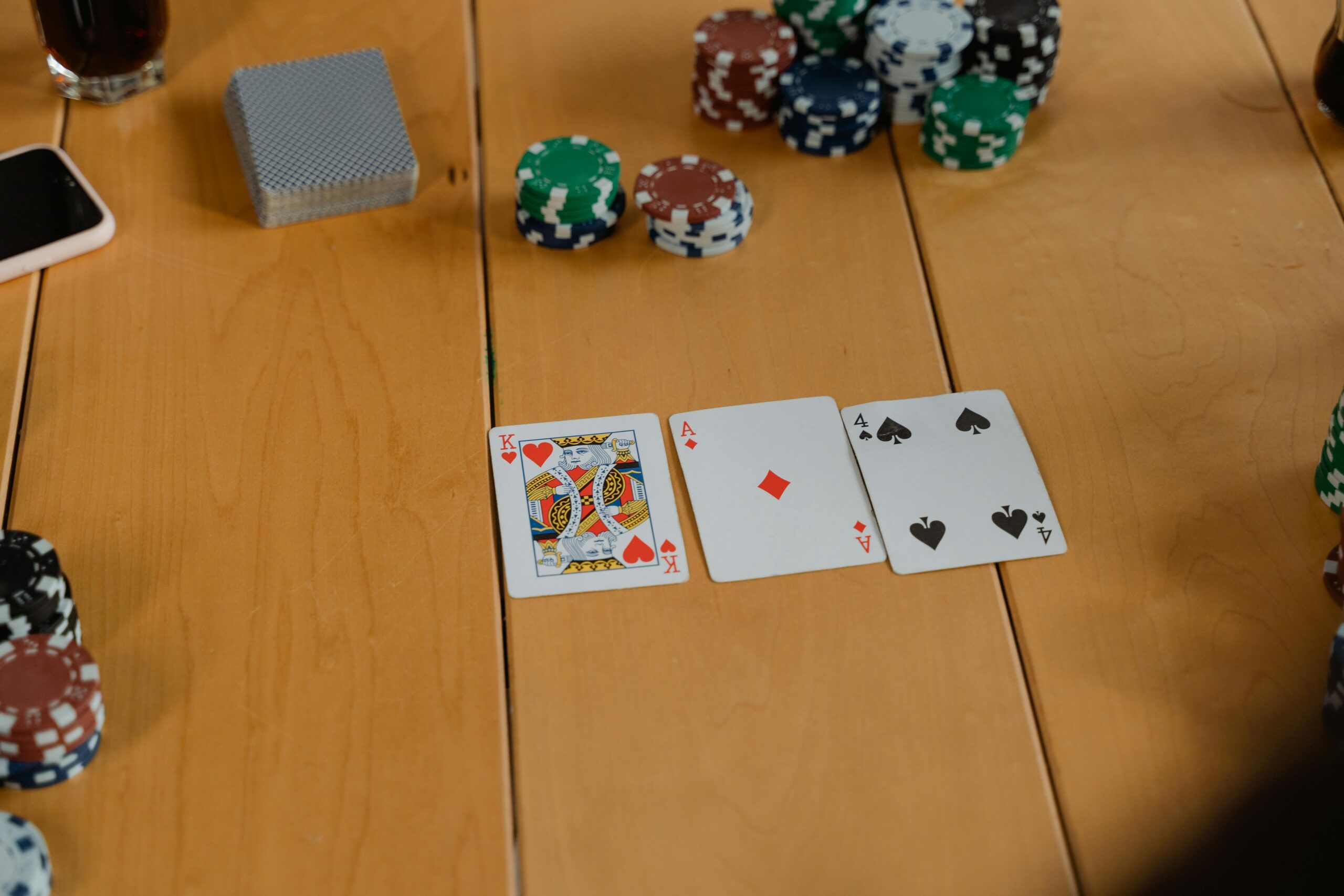- 3 Sep 2025

The cold, hard truth about blackjack hit me during a weekend trip to Vegas last summer. I’d been playing for about three hours at the Bellagio, riding a decent streak, when it happened: I was dealt a 16 against the dealer’s 10. In that moment, I couldn’t help but wonder—is it true sometimes blackjack hands you can’t win? It certainly felt like one of those situations.
Every blackjack player knows this feeling. Your stomach sinks. The other players shoot you sympathetic glances. The cocktail waitress conveniently appears, as if the universe is offering liquid consolation for what’s about to happen.
You’re stuck in blackjack purgatory—hit and you’ll probably bust; stand and you’re at the mercy of the dealer’s hand, which statistically favors them heavily.
This moment crystallizes the question many casual and serious players eventually ask: Are some blackjack hands simply unwinnable?
As much as we’d like to believe otherwise, the answer is yes—some hands are effectively doomed from the start. This isn’t casino superstition; it’s cold, hard probability.
Take that 16 vs. dealer’s 10 scenario. If you hit, you’ll bust with any card valued 6 or higher—that’s over 60% of the remaining cards. If you stand, you’re banking on the dealer busting, but with a strong upcard like 10, they’ll make a solid hand more often than not.
I’ve spent countless hours at blackjack tables from Atlantic City to Macau, and I’ve interviewed professional players who’ve confirmed what the math tells us: certain combinations are statistical nightmares.
“In blackjack, you’re sometimes just paying for the experience,” says Michael Kaplan, who’s been counting cards professionally for over two decades. “Some hands, you might as well close your eyes when making the decision—the outcome is practically predetermined.”
Blackjack’s reputation as a beatable game stems from its relatively low house edge—hovering around 0.5% with perfect play. But this represents an average over thousands of hands. Within that average lurk individual scenarios where the house advantage spikes dramatically.
Some examples of these nearly unwinnable situations:
What makes blackjack particularly cruel is that, unlike poker, you can’t fold a bad hand and cut your losses. Once the cards are dealt and your bet is placed, you’re committed.
Last February in Atlantic City, I experienced what dealers sometimes call “the perfect storm.” During a two-hour session at the Borgata, I was dealt 16 against a dealer’s face card five times in a row. I tried different approaches—hitting three times and standing twice. I lost all five hands.
The math wasn’t in my favor, and no strategy could save me. The pit boss actually stopped by to offer condolences, which only slightly softened the $500 blow to my bankroll.
So what’s a player to do when facing these statistical monsters? First, acknowledge the reality: some hands will lose no matter what. But that doesn’t mean you should throw strategy out the window.
“The goal isn’t to win every hand—that’s impossible,” explains Jennifer Roberts, gaming attorney and adjunct professor at UNLV’s International Gaming Institute. “The goal is to make the mathematically correct decision every time, minimizing losses on bad hands and maximizing profits on good ones.”
Here’s my personal approach after 15+ years at the tables:
Beyond the cards and chips, blackjack is a mental challenge. Accepting that some hands are statistically unwinnable liberates you from the frustration of searching for a perfect strategy when none exists.
During a conversation with a dealer at the Wynn last year, she told me something that’s stuck with me: “The players who last are the ones who can lose with grace.”
She’s right. The emotional control required to accept occasional inevitable losses without tilting is perhaps the most valuable skill at the blackjack table.
So yes, sometimes blackjack deals you hands you can’t win. This isn’t a flaw in the game—it’s a feature. It creates the house edge that keeps casinos in business, and it generates the emotional rollercoaster that keeps players coming back.
The next time you’re facing a 16 against a dealer’s 10, remember: it’s not you, it’s the math. Make your best decision according to basic strategy, accept whatever outcome follows, and know that over thousands of hands, playing correctly will minimize your losses.
As for me, I’ll be back at that Bellagio table next month. Because despite those unwinnable hands, few things match the rush of making the right call at the right time—and watching the dealer bust when the odds say they shouldn’t.
That’s the magic of blackjack: even when you can’t win them all, you can still win enough to make the game worthwhile.